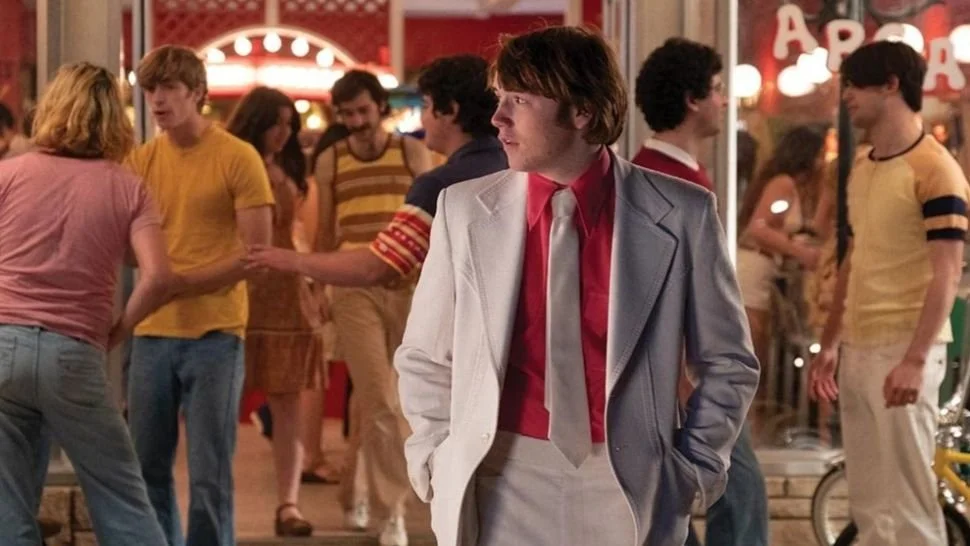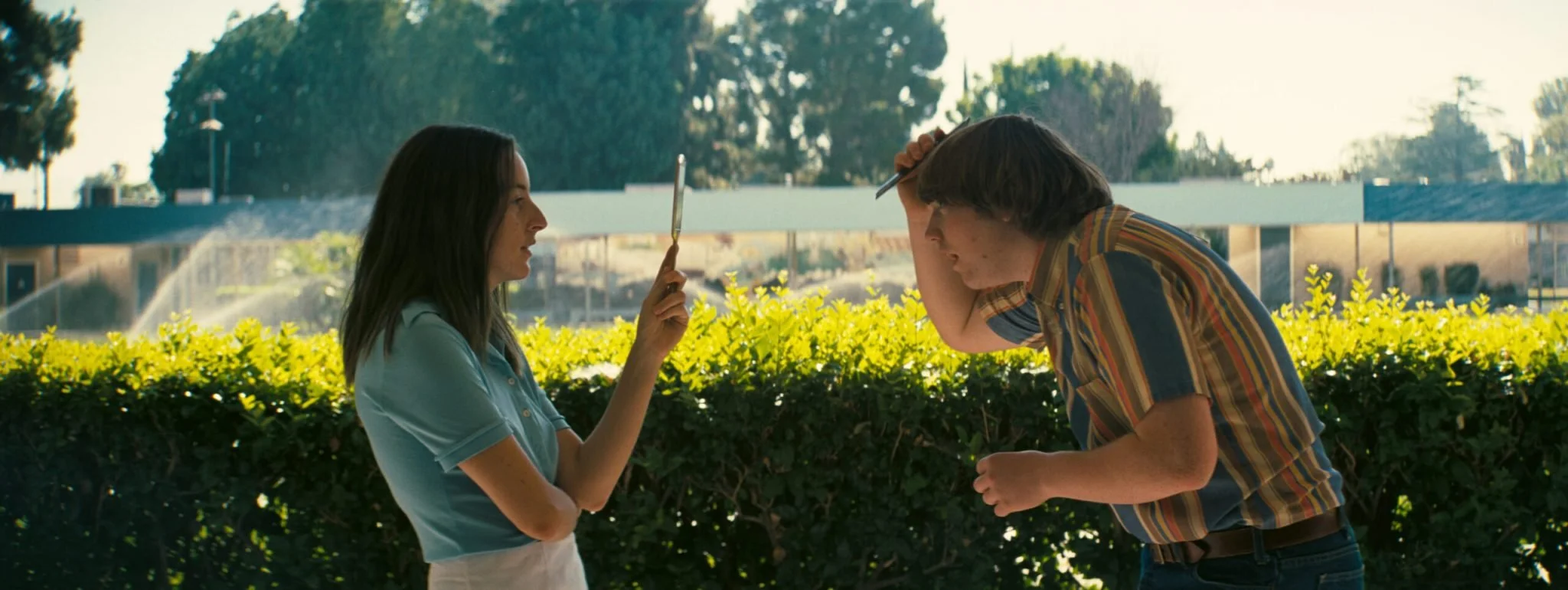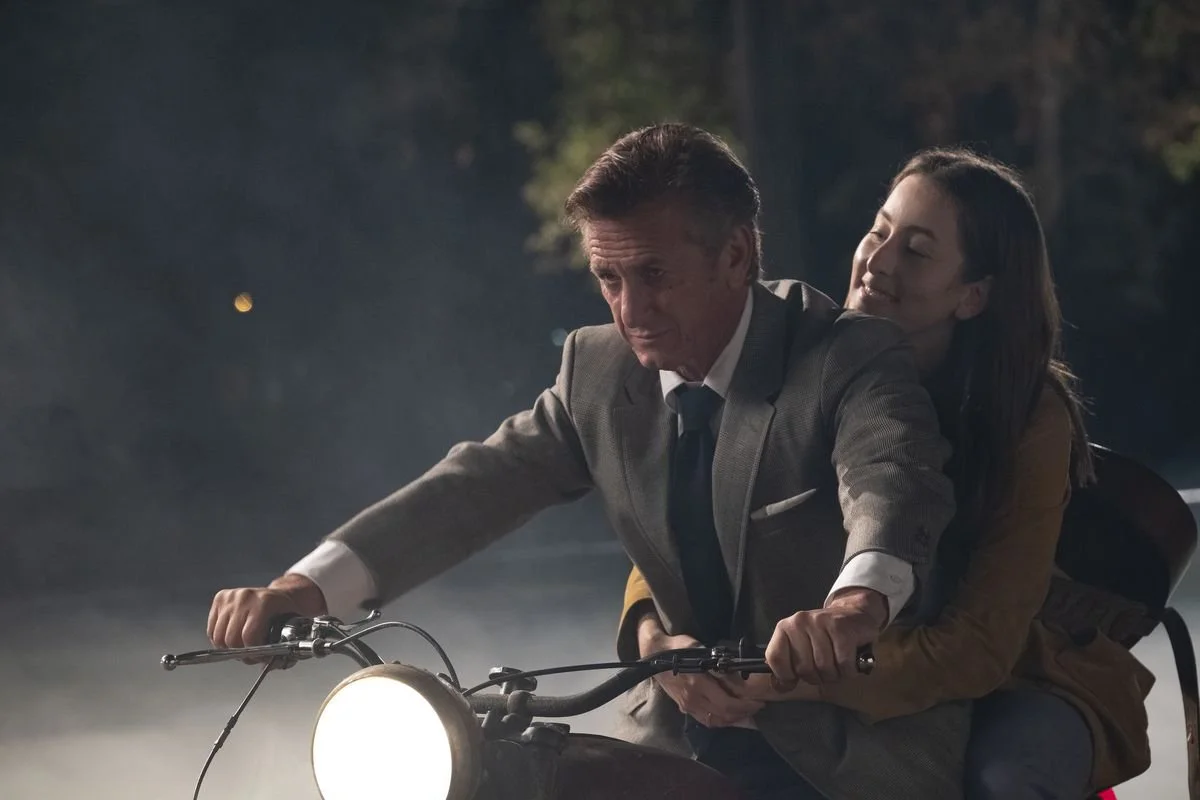Licorice Pizza Review
5/10
Coming of age stories are a universal narrative told in countless ways. We have all reached the threshold of adulthood via a complicated path. Some of my favorite films are part of this genre. Their resonance can be quite profound and personal if they tap into your heart. On the surface, Licorice Pizza is the kind of film I would adore; a touching tale of growing up in the San Fernando Valley during the 1970s. I wish I could say I loved Licorice Pizza, but unfortunately it rang hollow to me.
Paul Thomas Anderson is one of my favorite current directors. This is the first time a film of his has disappointed me. It is very strange being in a movie theater where you are the only one not laughing. I felt like I was the odd one out. The film introduces us to Gary Valentine, an actor and perennial performer. Despite only being 15, he is always on the lookout for a business opportunity. Not without reason, he is adept at the constant hustle of luring in potential customers. The second there is a hint of a more viable market elsewhere, he pounces. Selling water beds is his first entrepreneurial venture.
This used car salesman mentality can be grating to watch. Cooper Hoffman does an admirable job with a character who always borders on obnoxious. After checking himself out in the bathroom mirror at school, something he does often, he meets Alana. Alana Haim of the band Haim plays her. Here is where my first issues arise. We are only given one brief scene to set up Gary and an even shorter scene to establish Alana. I still had no idea who these people were when he started trying to ask her out.
She is 25 and put off by his pushy behavior. Eventually, he gets her to cave in and they meet at a local restaurant. Most of the time when singers try to act, the result is not compelling. There are some exceptions; David Bowie was a solid actor and Tom Waits is fantastic. Coincidentally, Waits pops up in Licorice Pizza and steals the show during one of the few scenes that drew me in. Alana Haim was really good. It is not the best performance I’ve seen this year, but she does a lot to make the film watchable.
What took me out of the film casting-wise was her sisters Este and Danielle Haim, also from the band. Having Alana is already bordering on stunt casting. Having all three in the same film with matching character names was off-putting. They aren’t in the film much, but their presence was a reminder that these actors are in a popular band today rather than real people in the 1970s. To be fair, their performances are fine. For many people, seeing their favorite band together on screen would be a thrill. For me, it was a jarring visual that veered into stunt casting territory.
Controversy has been stirred up by the age gap issue. The budding romance between Gary and Alana is far from healthy and stable. You could make the argument that the film should be criticized for how she is grooming him. I don’t agree with that assessment. People have to stop looking at films from our jaded 2021 perspective where we seek out outrage with the subtlety and grace of a heat-seeking missile. We must learn to stand back from our tunnel vision perspectives and accept that not every lifestyle will adhere to our morals.
There is a significant difference between a film that endorses harmful behavior and one that simply portrays it. Licorice Pizza never advises the audience to seek out this form of relationship. Alana and Gary have obvious issues beyond just the age gap. The film was also accused of being racist for the way a character uses a stereotypical Asian voice when talking to his wife. It is ridiculously obvious that the film is pointing out his ignorance and making fun of him for being an idiot, so to me this is a non-issue.
I think the main component this film was lacking was a lightness of touch in the writing. Paul Thomas Anderson does not make depressing films. They can carry different degrees of darkness, but they are not oppressive. The whole time I was watching this film I kept thinking how much better it would be if Richard Linklater wrote and directed it. He has a natural conversational flow to the dialogue and story that this was lacking.
Nothing in Licorice Pizza is bad. There is a spark missing from most of the film, with two main exceptions. A scene involving Bradley Cooper as the infamous real life producer Jon Peters is delightful and goofy. There is another part involving Tom Waits and Sean Penn that added a real levity and charm that the rest of the film did not have. I don’t mind when a film has a loose narrative if there is an emotional weight to hold onto. Alana and Gary are charming together at times, but I didn’t have anything to latch onto.
The relationship between the two leads makes an admirable attempt at comparing their lives. Despite Alana being older, she has just as little direction as Gary. She is less focused on the next business opportunity. She flits from man to man to figure out who she should be with and her identity. None of them conjure the same feelings she has for Gary. Alana gets involved in a local politician Joel Wachs’s mayoral campaign, hoping to find guidance through volunteering. Gary continues seeking out the next business fulfillment, creating a rift between them.
I can understand why people love this film. It captures the 1970’s without feeling like a pastiche. There is a breezy ease it has as the story drifts along. The scenes involving the acting world with Gary and Alana’s various auditions are done well and era-appropriate. Gary’s confidence and ability to pinball from one scheme to another can be amusing. He may seem like a snake oil salesman on the surface, but people are enjoying the products he offers, so he is not a complete con.
Benny Safdie is excellent as Joel Wachs with the brief screen time he has. There is one scene involving a character named Matthew that had more emotional resonance than anything else in the film. I will not spoil the details of who he is and why the scene made an impact. I just wish the rest of the film clicked with me in the same way his moments on screen did.
Reaching the climax of a film should provoke an uncontrollable emotional response: triumph at seeing the hero conquer the villain; jubilation at seeing two love birds unite. There is no foolproof method to obtain these feelings. Paul Thomas Anderson’s films have inspired me as a writer and viewer. I have rewatched them multiple times. When Licorice Pizza ended, I did not know what to feel. I was not conflicted satisfyingly; I just felt nothing. Alana and Gary are both lost souls searching for direction and purpose, but the audience should not be searching for the same thing.









